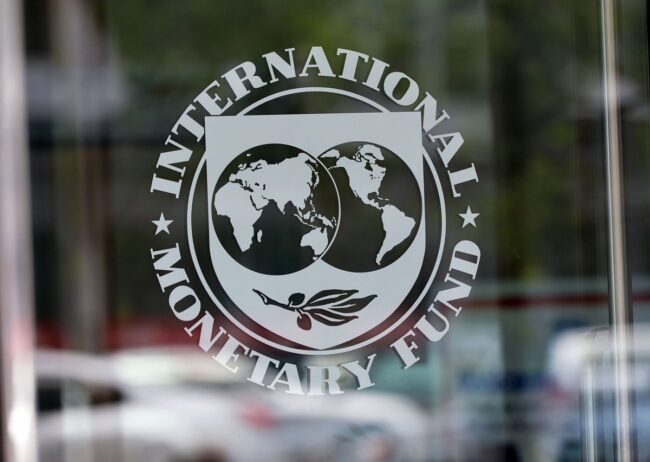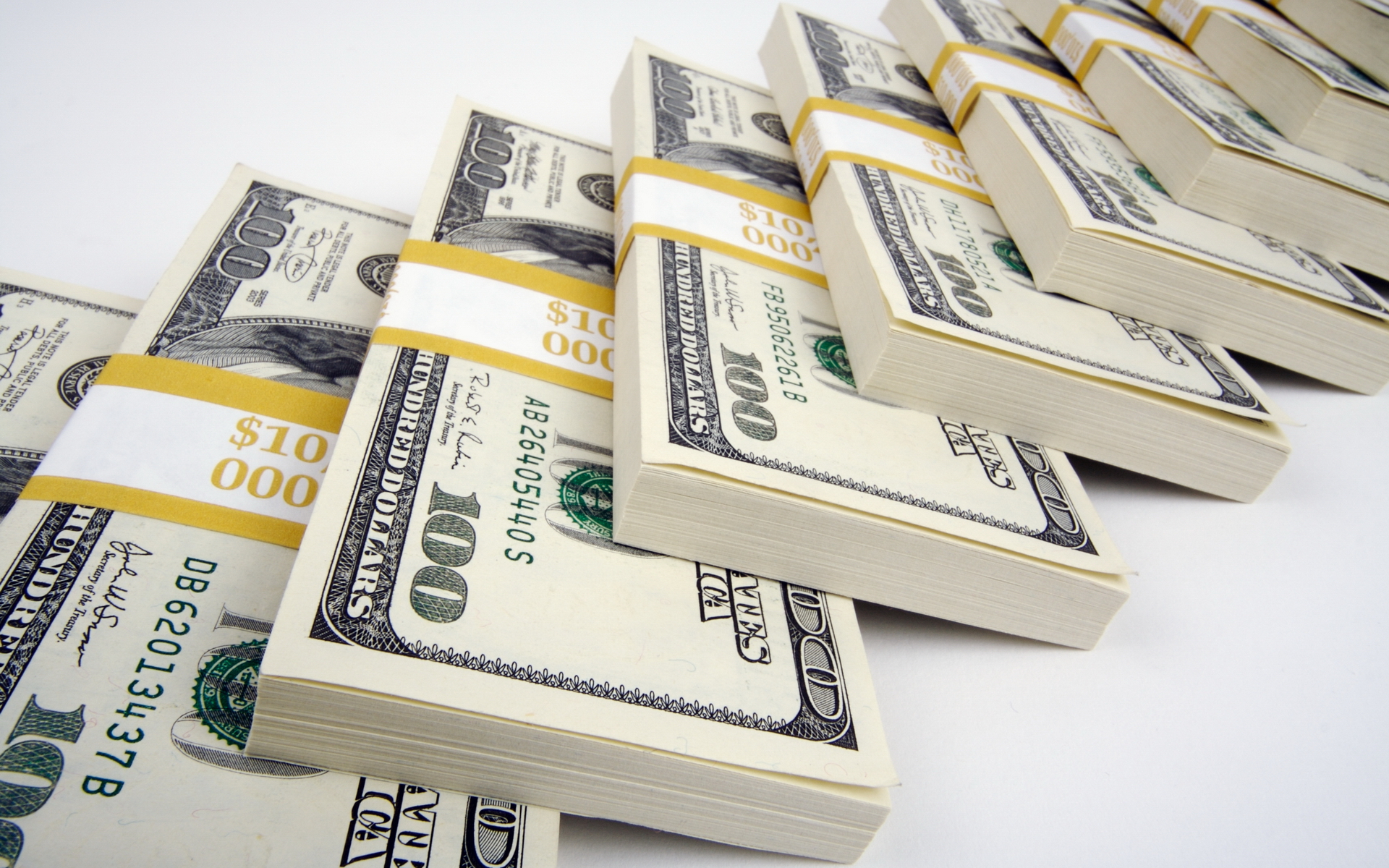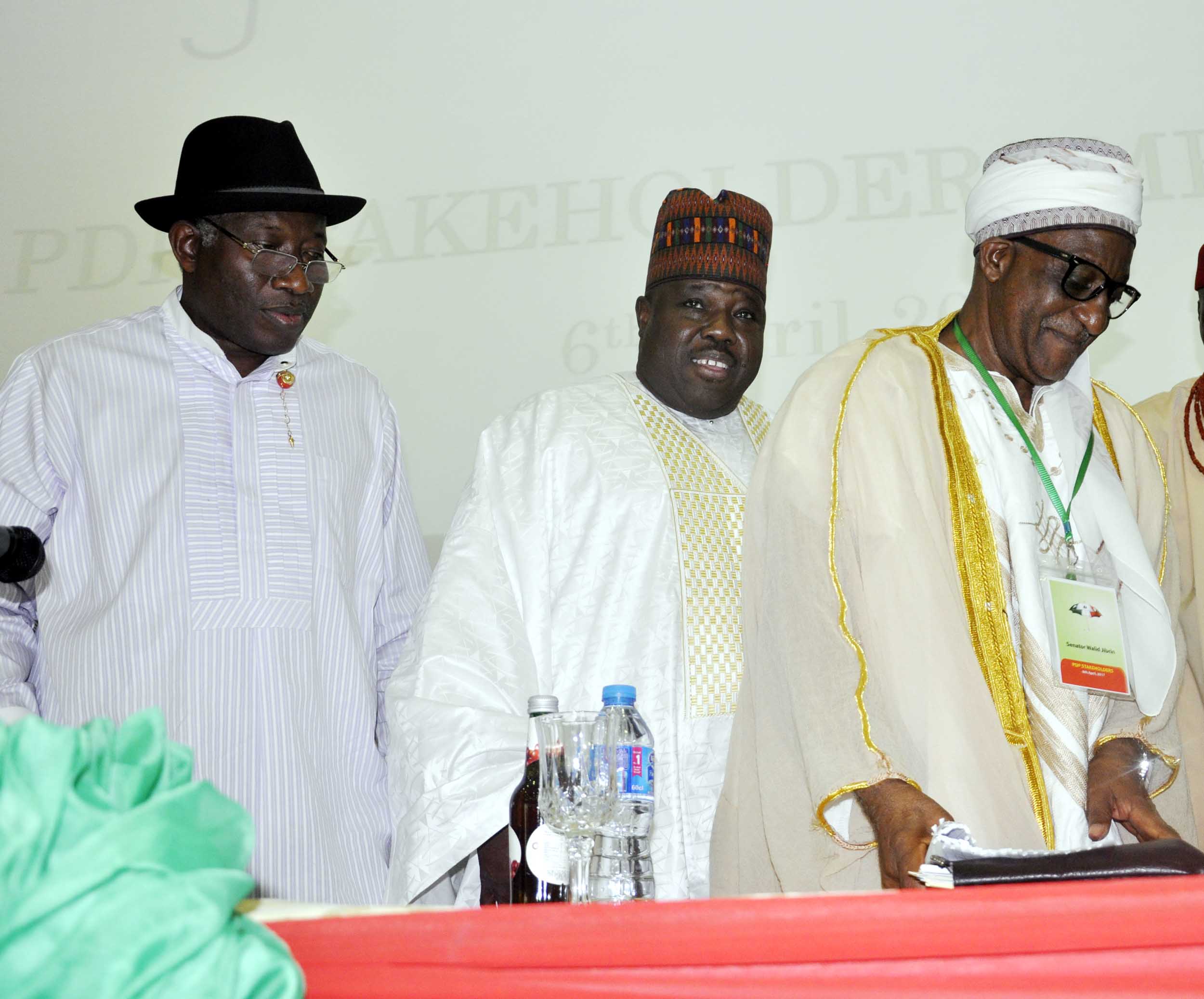The International Monetary Fund (IMF) is favourably disposed to the position of Bismarck Rewane, CEO of Financial Derivatives, that the naira be allowed to depreciate below 305/$1.
Rewane had suggested that the Central Bank of Nigeria (CBN) allows the naira to depreciate from 305 to 340/350 per dollar, in order to engage an effective exchange rate system.
“The central bank can intervene with whatever the resources they have, but cannot begin to fix prices, price control never works,” Rewane had said.
“It is important that the central bank now allows the 305 to depreciate more to where the market is, maybe 340, maybe 350 and then allow everybody…what we call a real effective exchange rate”.
Advertisement
While unveiling its staff report on Nigeria, Gene Leon, the IMF chief in Nigeria, said the naira is overvalued by 10 percent to 20 percent, and should be allowed to depreciate.
“We do find there to be some over-valuation at this point of the naira, of the official currency, somewhere to the tune of 10 to 20 percent,” Leon had said.
In context, the IMF believes the naira should be trading between 335.5 to 366 to the greenback.
Advertisement
The staff country report also showed that Nigeria’s multiple devaluation between 2014 and 2016, affected the private sector, especially the banks.
“During the past year, banking sector growth was dominated by the impact of a depreciating naira, given 45 percent of the banks’ loan book is in foreign currency,” the IMF staff report read.
“The depreciation of the naira may in some cases benefit those banks with FX assets that outweigh their FX obligations, through net valuation gain.”
The report also showed that Nigeria’s foreign exchange inflows had fallen from $39 billion in 2013 to $14 billion in 2016.
Advertisement
“By end-2016, FX inflows were only a third of the level observed in 2013. Starting in mid-2014, the slump in oil prices sharply curtailed FX availability in the economy,” the report read.
“FX inflows to the Central Bank of Nigeria (mostly oil tax revenue) declined from $12 billion in 2013Q3 to $4.5 billion in 2016Q2, while other FX inflows to the economy—which include non-oil exports, capital inflows, and over-the-counter (OTC) purchases by oil companies—declined from $27 billion in 2013Q3 to $9.5 billion in 2016Q2”.
Add a comment







